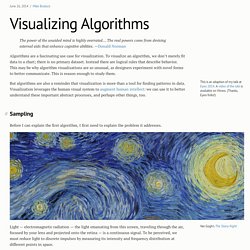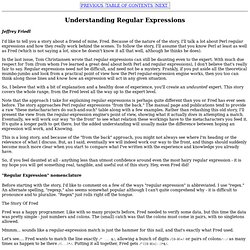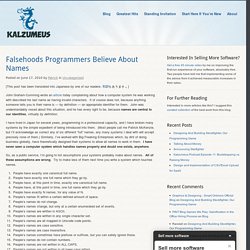

Visualizing Algorithms. The power of the unaided mind is highly overrated… The real powers come from devising external aids that enhance cognitive abilities.

—Donald Norman Algorithms are a fascinating use case for visualization. To visualize an algorithm, we don’t merely fit data to a chart; there is no primary dataset. Instead there are logical rules that describe behavior. This may be why algorithm visualizations are so unusual, as designers experiment with novel forms to better communicate. But algorithms are also a reminder that visualization is more than a tool for finding patterns in data. #Sampling Before I can explain the first algorithm, I first need to explain the problem it addresses. Light — electromagnetic radiation — the light emanating from this screen, traveling through the air, focused by your lens and projected onto the retina — is a continuous signal. This reduction process is called sampling, and it is essential to vision.
Sampling is made difficult by competing goals. Here’s how it works: Understanding Regular Expressions - The Perl Journal, Month Year. Jeffrey Friedl I'd like to tell you a story about a friend of mine, Fred.

Because of the nature of the story, I'll talk a lot about Perl regular expressions and how they really work behind the scenes. To follow the story, I'll assume that you know Perl at least as well as Fred (which is not saying a lot, since he doesn't know it all that well, although he thinks he does). In the last issue, Tom Christiansen wrote that regular expressions can still be daunting even to the expert. With much due respect for Tom (from whom I've learned a great deal about both Perl and regular expressions), I don't believe that's really fair to say. So, I believe that with a bit of explanation and a healthy dose of experience, you'll create an undaunted expert.
Note that the approach I take for explaining regular expressions is perhaps quite different than you or Fred has ever seen before. "Regular Expression" nomenclature The Story Of Fred Fred was a happy programmer. Let's see.... DFA vs NFA But will it? /-? Falsehoods Programmers Believe About Names. [This post has been translated into Japanese by one of our readers: 和訳もあります。]

John Graham-Cumming wrote an article today complaining about how a computer system he was working with described his last name as having invalid characters. It of course does not, because anything someone tells you is their name is — by definition — an appropriate identifier for them. John was understandably vexed about this situation, and he has every right to be, because names are central to our identities, virtually by definition. I have lived in Japan for several years, programming in a professional capacity, and I have broken many systems by the simple expedient of being introduced into them. (Most people call me Patrick McKenzie, but I’ll acknowledge as correct any of six different “full” names, any many systems I deal with will accept precisely none of them.) So, as a public service, I’m going to list assumptions your systems probably make about names. This list is by no means exhaustive. About Patrick.